I love church historians. They have the long view. I am re-reading an autobiography now... The Living of These Days... by Harry Emerson Fosdick that is a long view of the fundamentalist/liberal clash in church. He preached a sermon in 1922 titled “Shall the Fundamentalists Win?” that ultimately cost him his pulpit at First Presbyterian in New York City. Fosdick, a Baptist with views on denominations and the Christian faith that did not meet the norms of his day, built a team of Presbyterian ministers who minded the church, tended the denominational home fires while he was the preaching/pastoral care part of the team. He, by his own admission, was not a good organizer or administrator but he was a top notch preacher. Fosdick defined his sermons as pastoral care for a group unlike the expository style of preaching prevalent in his day. He tried to “reach out and touch” those in the congregation who needed to be lifted up, encouraged, given hope.
I went online and read that 1922 sermon. It could have been preached any time during the latest Baptist wars and been on the mark. And it could be preached to any of our mainline denominations today who are up in arms over issues such as women, LGBT folks, the need for orthodoxy and regulation of the sheep and the shepherds. The more things change, the more they stay the same.
In an earlier church life I had a hissy fit when the words to Fosdick’s great hymn were changed to meet the current norms of liberal theology. It seemed to me then, as it does now, that even though our interpretations of the language may change, we “dis” our faith fathers and mothers, their experience as Christian men and women, when we rewrite their history, their words to suit our needs. We know and are known, our time in history is marked by the language we use and the faith we share transcends our incomplete understanding. I digress...
The tumult and hysteria centered on Fosdick as a liberal faded somewhat when he left First Presbyterian. Fosdick was always careful to distinguish between fundamentalists (mean spirited and on a power trip) and conservatives (fundamental views but honorable). He had friends on both sides of the controversy and valued the differences even as he proclaimed his own truth.
And, wouldn’t you know it, God took that religious war and new life came from it. Riverside Church, built in what was then the God forsaken end of Manhattan Island, away from the posh and circumstance of Park Avenue, became a living testament to Fosdick’s vision of church. The church had ten kitchens... ten... because the buildings were full all week with children’s schools, groups meeting, neighborhood activities and the regular meeting of the church community. Neighbors of Union Theological Seminary and Columbia, Riverside Church ministered to students as well.
Fosdick was known not only for his sermons but also for the prayers he used to open worship. Here is one of my favorites.
Eternal God, the Light that does not fail, we worship you. We seek you not because by our seeking we can find you, but because long since, you have sought us. We do not seek the sun but open ourselves to its light and warmth when it arises. We do not seek the fresh air of heaven, but open our windows, and lo, it blows through. So may our hearts be responsive to your coming and receptive to your presence. Amen.
The long view... God is present even in the midst of our time’s tribulations. God was present for Fosdick and will be present for our children’s children. It is enough for me.
Subscribe to:
Post Comments (Atom)

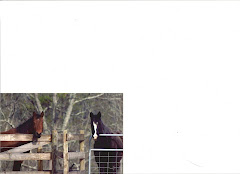
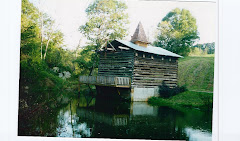


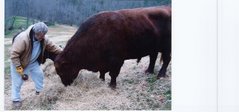
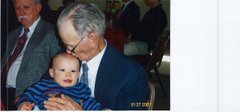
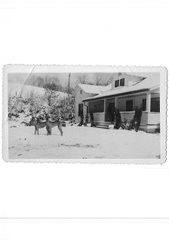
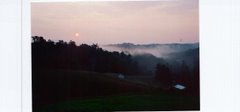
No comments:
Post a Comment